‘Hell is better than what I personally witnessed,’ says Ben Ferencz, who was one of the American troops sent in to the Nazi death camps to collect vital evidence. ‘Dead bodies mingled with those alive. Piles of bones waiting to be buried. The smell of burning flesh. Those who were still alive pleading with their eyes.’ All of which we have heard many times before, perhaps too many times. But then Ferencz added, ‘SS men trying to flee, running away, and the inmates, those who could still walk, trying to chase them, grabbing at them.’ It was an unusual, vivid detail that captured the attention.
Ferencz was talking to Emma Barnett in her slot Eye of the Storm on Radio Five Live last week. Not that Barnett had much chance to say anything. Ferencz is extraordinary, at 97 talking as fast and as articulately as someone at least 30 years younger. He is the last surviving Nazi war-crimes prosecutor and has spent the whole of his life ensuring that what happened in Germany will never be forgotten. But again if you thought you knew everything there is to know about Nuremberg Ferencz’s conversation with Barnett might well surprise you because his job was to put on trial not the camp commandants but those senior officers who had conducted what he defined at the time as ‘genocide’. They rounded up Jews, gypsies and other ‘aliens’ who were behind the frontline in Germany and killed them on the spot, women and children mostly. Up to a million are thought to have been murdered in this way.
Top-secret reports of these killings were discovered by the Americans when they entered the city in 1945. Ferencz, aged just 27, was put in charge of the prosecution. How did he decide who to prosecute? asked Barnett (because there was only room in the courtroom at Nuremberg for 22 defendants).
‘I chose them on the basis of education and rank,’ said Ferencz. ‘It proved to me that in time of war people who would otherwise be decent could become mass murderers.’ He added, ‘War gives the perpetrator the cause for which he is ready to die or kill.’
How did the accused answer the charges?
‘I wasn’t there… I didn’t do it… I had superior orders.’
But the reports that had been found in Berlin were so detailed there was no dispute and all 22 were convicted in just two days.
‘I wanted to set a precedent that would protect people in the future,’ Ferencz recalled in a conversation that was chilling because of the startling clarity of his memories set against the knowledge that in spite of what happened at Nuremberg such crimes against humanity have been repeated with such depressing regularity.
Over on Radio 4, the new series of I Was… began with a look at Billie Holiday through the eyes of Annie Ross, who once stood in for the jazz singer at the Apollo Theater in Harlem. Now 86, Ms Ross is some lady, still singing in a local bar once a week and with her mind and its memories as sharp as cut-glass. She was born in Scotland but brought up in America by an aunt after being virtually dumped there by her parents who worked in showbiz. As a girl she was known as the ‘Scottish Shirley Temple’ and sang for Duke Ellington and Louis Armstrong.
Ross remembers being called at 8.30 one morning by her agent (who also represented Holiday) and asked, ‘Have you got a gown? Have you got music? Have you got a piano player?’ Without a pause, Ross said yes to the first two and ‘I can get one’ to the third. ‘She was my idol,’ she said about Holiday. ‘She had great phrasing. She was very loose. She knew what the point of a song was.’
This week on Thursday marks the centenary of the first daylight Gotha bombing raid on Britain, which aimed for London but dropped its cargo on Folkestone by mistake. The Channel port has been the setting of Radio 4’s long-running drama, Home Front, since August 2014, following the progress of the first world war day by day 100 years on. In a cleverly devised drama, A Lightening (produced by Jessica Dromgoole), the writer Sarah Daniels imagines the moments before the death of several characters known to those who have been following the series, some of whom are based on real-life figures in Folkestone whose stories the researchers have gleaned from the local archives.
‘If only my grandson had been half an hour later,’ says Mary Stokes, whose vegetable shop was devastated in the blast. ‘The what ifs and if onlys’ were harder to bear than the blood and bits of body that she had seen as she was taken to hospital in a wheelbarrow, and still linger.
Got something to add? Join the discussion and comment below.
Get 10 issues for just $10
Subscribe to The Spectator Australia today for the next 10 magazine issues, plus full online access, for just $10.
You might disagree with half of it, but you’ll enjoy reading all of it. Try your first month for free, then just $2 a week for the remainder of your first year.

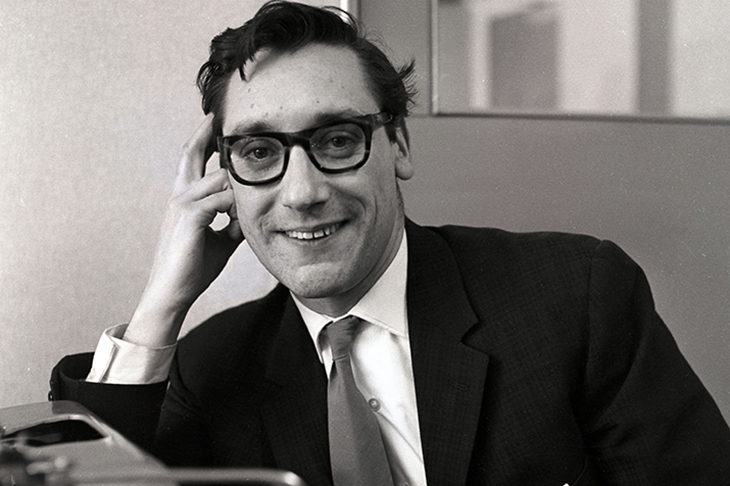

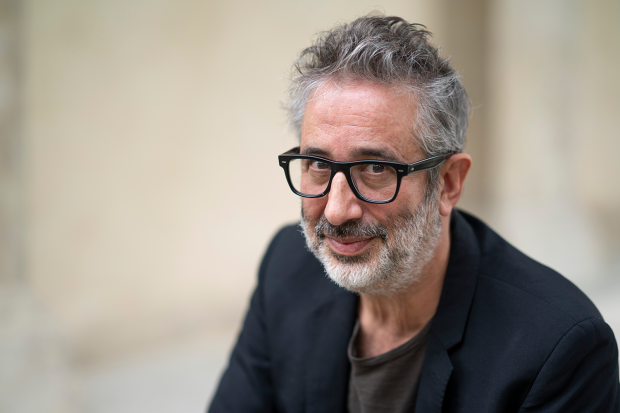
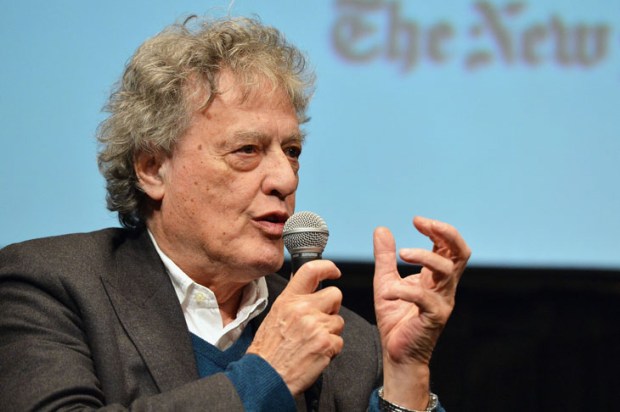
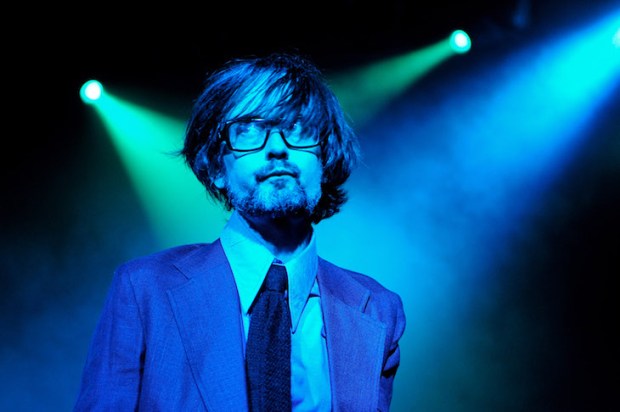

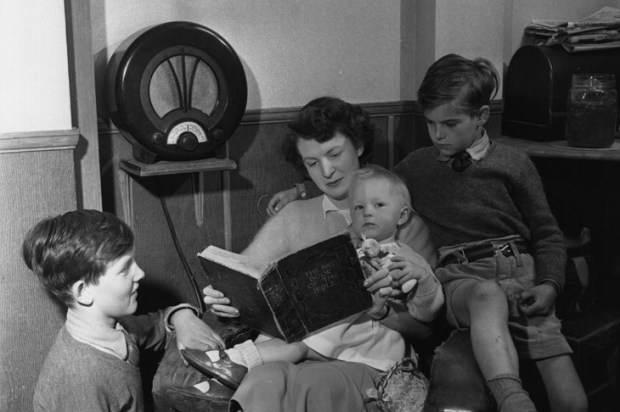






Comments
Don't miss out
Join the conversation with other Spectator Australia readers. Subscribe to leave a comment.
SUBSCRIBEAlready a subscriber? Log in